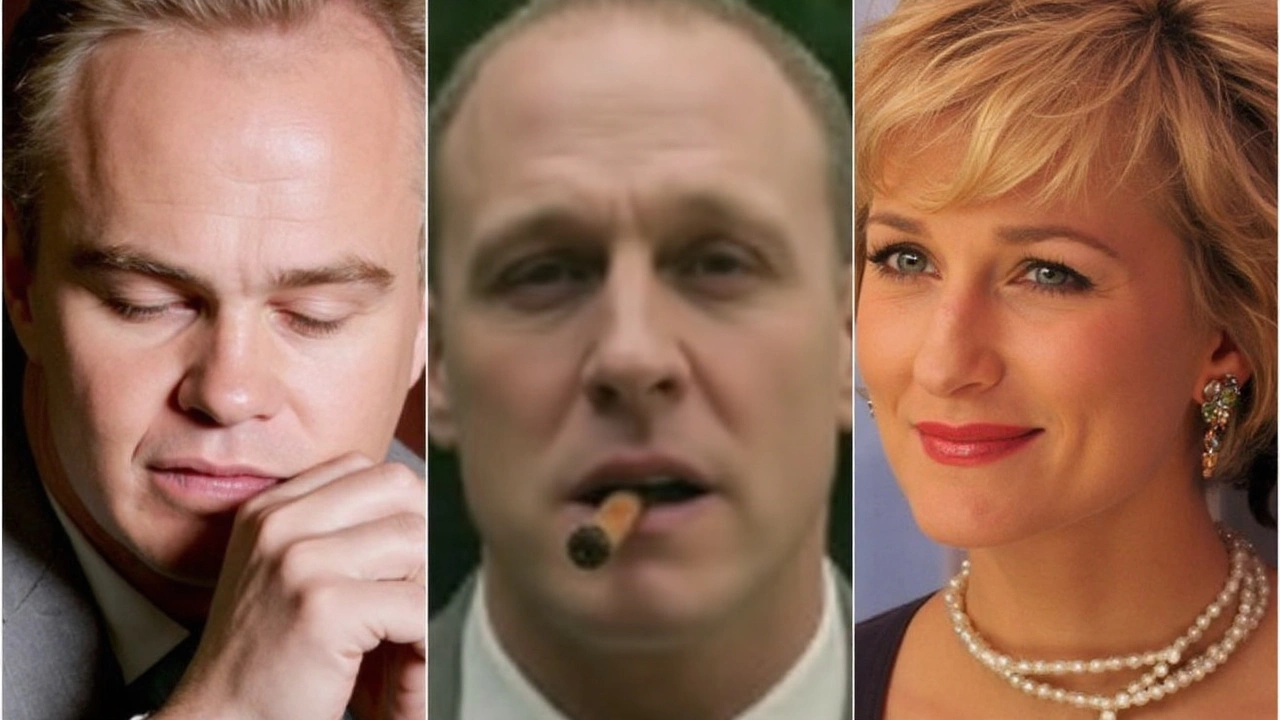Awful Rugby Performances – Why They Happen and How to Bounce Back
Ever watched a match and thought, "What on earth went wrong?" Most of us have seen a team crumble – missed tackles, sloppy passing, and a loss of confidence. It’s painful, but it’s also a goldmine for improvement. Below we break down the typical causes of awful performances and give you simple actions to fix them.
Common Mistakes on the Field
First up, the basics. When a side looks out of sync, it usually means one or more of these fundamentals fell apart:
- Weak Defense: Missed tackles and gaps give opponents easy tries. A quick defensive line drill can tighten this up.
- Poor Ball Handling: Too many knock‑ons or forward passes shut down momentum. Pair up players for short passing drills to rebuild confidence.
- Lack of Communication: Players shouting “tree!” or “cover!” hardly happens in a chaotic game. Set a simple call‑out system and practice it in training.
- Fitness Drop‑off: Late‑game errors often stem from fatigue. Incorporate high‑intensity intervals to keep the squad fresh for the final whistle.
Spotting which of these slipped during a match is the first step to turning a disaster into a lesson.
Turn a Bad Game Into a Learning Session
Now that you know the usual suspects, let’s talk about what to do after the final whistle. A structured review beats endless complaining every time.
1. Video Review in 24 Hours – Pull the footage while the memory is fresh. Highlight one positive play, two negative moments, and one area to improve. Keep it short: under ten minutes per player.
2. Player‑Led Analysis – Instead of the coach telling everyone what went wrong, ask each forward and back to point out their own mistakes. Ownership boosts commitment.
3. Targeted Practice – Design a single drill for each identified issue. If tackling was weak, run a tackle‑bag circuit. If passing lagged, set up a rapid‑fire passing ladder.
4. Mental Reset – Bad performances often leave a mental scar. A quick team huddle, a few positive affirmations, and a clear goal for the next game help reset confidence.
5. Follow‑Up Check‑In – During the next training week, ask players how they felt about the changes. Adjust if something isn’t clicking.
Applying these steps consistently turns a single ugly loss into a catalyst for growth.
At Portsmouth Rugby Club we’ve seen this process work week after week. When a squad went through a rough patch, the coaches timed a video session the night after, let the lads point out their own errors, and then focused the next training on a single drill – fast, tight passing. Within two matches the handling error count dropped from twelve to three.
Remember, an awful performance isn’t a verdict; it’s a signal. Spot the signal, act on it, and you’ll see the team bounce back faster than you expect.

Awful Performances: 17 Misfires by Great Actors, from De Niro to DiCaprio
Even the best actors have off days. Here are 17 times big names stumbled—De Niro’s raunchy detours, Pacino’s infamous cameo, Clooney’s neon Batman, and more—from Cage and Berry to DiCaprio and Streep. What went wrong? A mix of bad scripts, odd direction, genre whiplash, and paycheck gigs shows how talent alone can’t rescue a broken movie.
view more